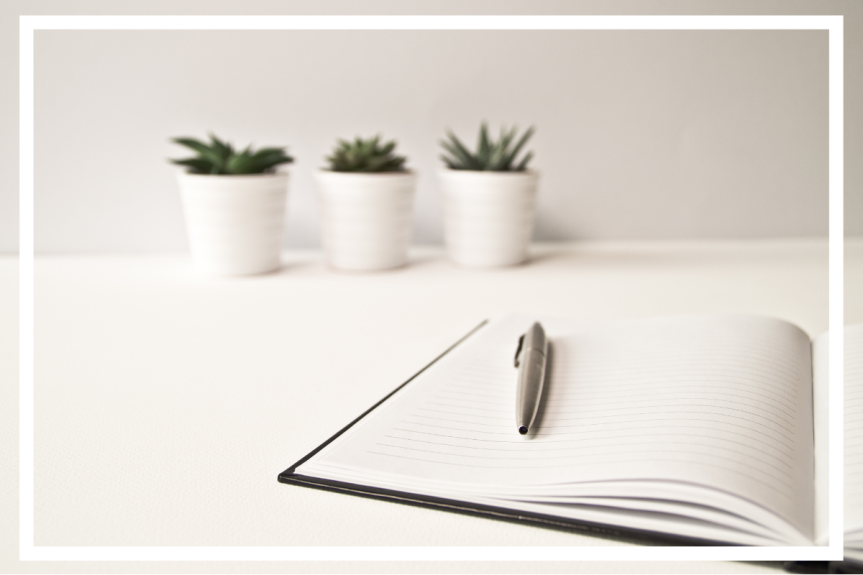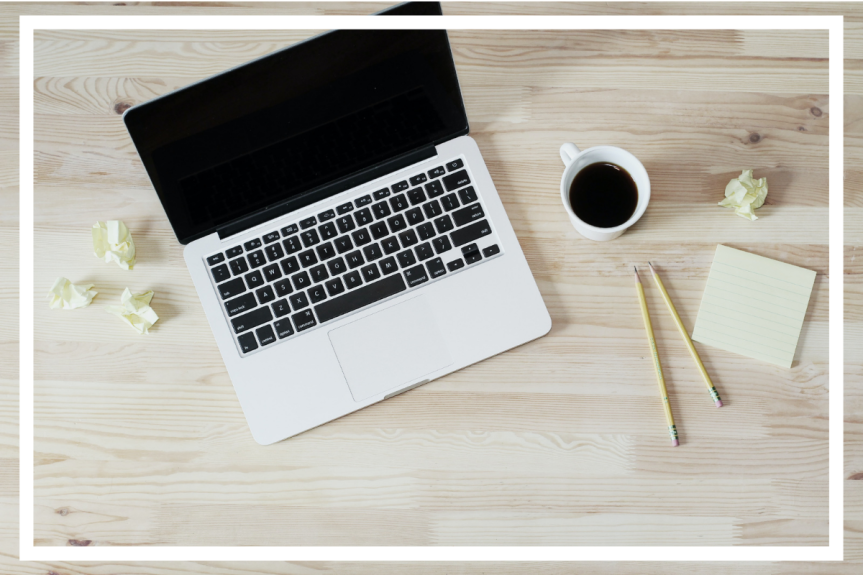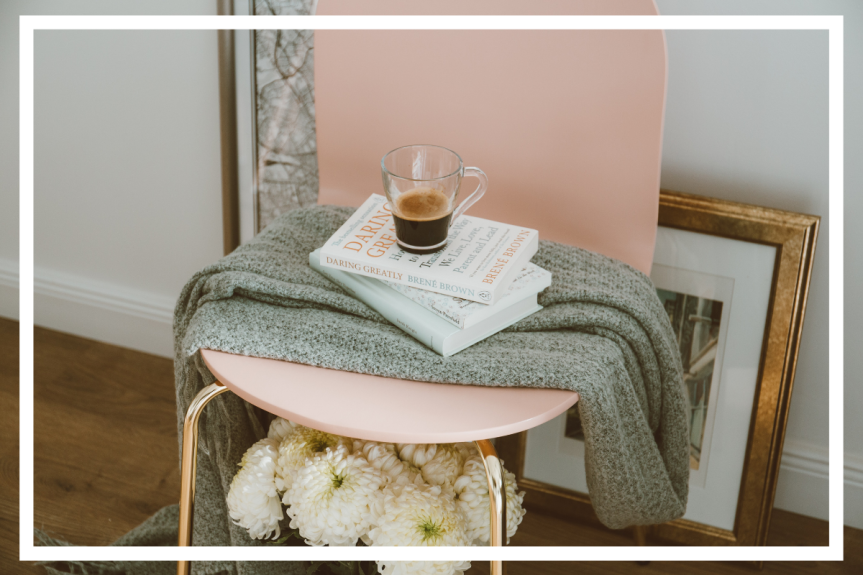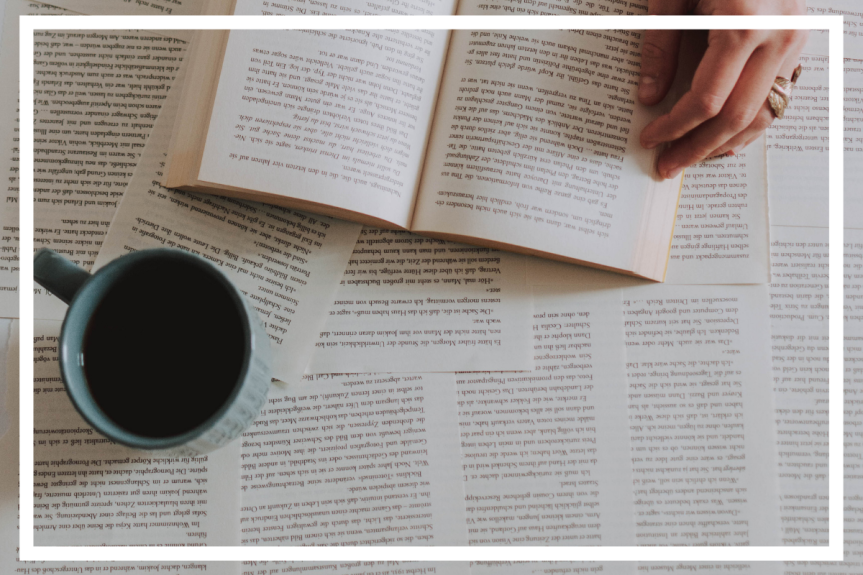I don't know about you, but ever since I started book blogging, I tend to look forward to new releases much more than before. Sadly, that focus on new releases tends to make me forget about older books - something that the beat the backlist challenge post by Austine on Novelknight this week reminded me … Continue reading 10 backlist books I want to read in 2021
Tag: featured
Why I read more than one book at a time
Welcome back! Today's post is all about reading habits, namely : reading multiple books at the same time. I was picking up some books to bring back to the library today when I realized that I had read almost all of them at the same time, piece by piece. It's a habit I have with … Continue reading Why I read more than one book at a time
Dealing with procrastination and avoidance
Procrastination isn't good for you, and neither is avoiding the things you need to do. I know that. I know that for a fact. Yet, the other day, I realized in a flash of panic that I had three extremely important things to do that I had just been passively avoiding for weeks - some … Continue reading Dealing with procrastination and avoidance
Jumping on the Notion bandwagon
It's finally October! As Zoom University is now back at full speed, I've been gradually shifting my interests in YouTube content from outfit and meme videos to studytube guides and tips for online school. I'm a very easily suggestible person, and I'd been hopping from studytube to studytube until I got to Mariana's Study Corner's … Continue reading Jumping on the Notion bandwagon
Blogging when English isn’t your first language
Today's post is a little more personal than usual - I'm going to be talking about the challenges of writing blog posts when English isn't your first language. (And yes, this might have been inspired by my frustrations this week, trying to understand some subtleties in English grammar and spending hours on it). Learning English … Continue reading Blogging when English isn’t your first language
Why The latte factor is one of the worst personal finance books I have ever read
Warning : this post contains spoilers. But, to be honest, I wouldn't recommend this book to anyone, so go ahead and read the spoilers. If you've read a few personal finance books in the past year or so, or browsed through some personal finance blogs, you're likely to have encountered a reference or two to … Continue reading Why The latte factor is one of the worst personal finance books I have ever read
5 tips to study for your online exams
Unlike usual, this post isn't about books - or rather, not about novels or recreational books. It does include textbooks, though. Since we're in self-quarantine here, all non-essential services are closed, which includes universities and schools all over the country. Many schools are now turning to the internet to maintain their classes online as much … Continue reading 5 tips to study for your online exams
5 online classes I’d like to take
(If my IRL classes finally let me breathe !) I've been in university for 5 years now, and am showing no signs of stopping anytime soon - I'm trying to get grades good enough to be able to do a doctorate, so I've got at least 6-7 more years ahead of me. Classes are hell … Continue reading 5 online classes I’d like to take
Inside and out book tag
I've had a very productive day today : I applied to 5 job postings, had a business phone call for 20+ minutes and faced my mother for a full hour before running away and hiding in a Starbucks with my laptop and 2 grande coffee frappuchinos. Which means : I'm feeling extra lazy tonight, haven't … Continue reading Inside and out book tag
My reading habits
I'm always pretty curious of how other people read, and where/when they do so : do they read in their bed ? In the bus when they go to work in the morning ? I know my father's been keeping a book in the pocket of his coat for some time now, just in case … Continue reading My reading habits










